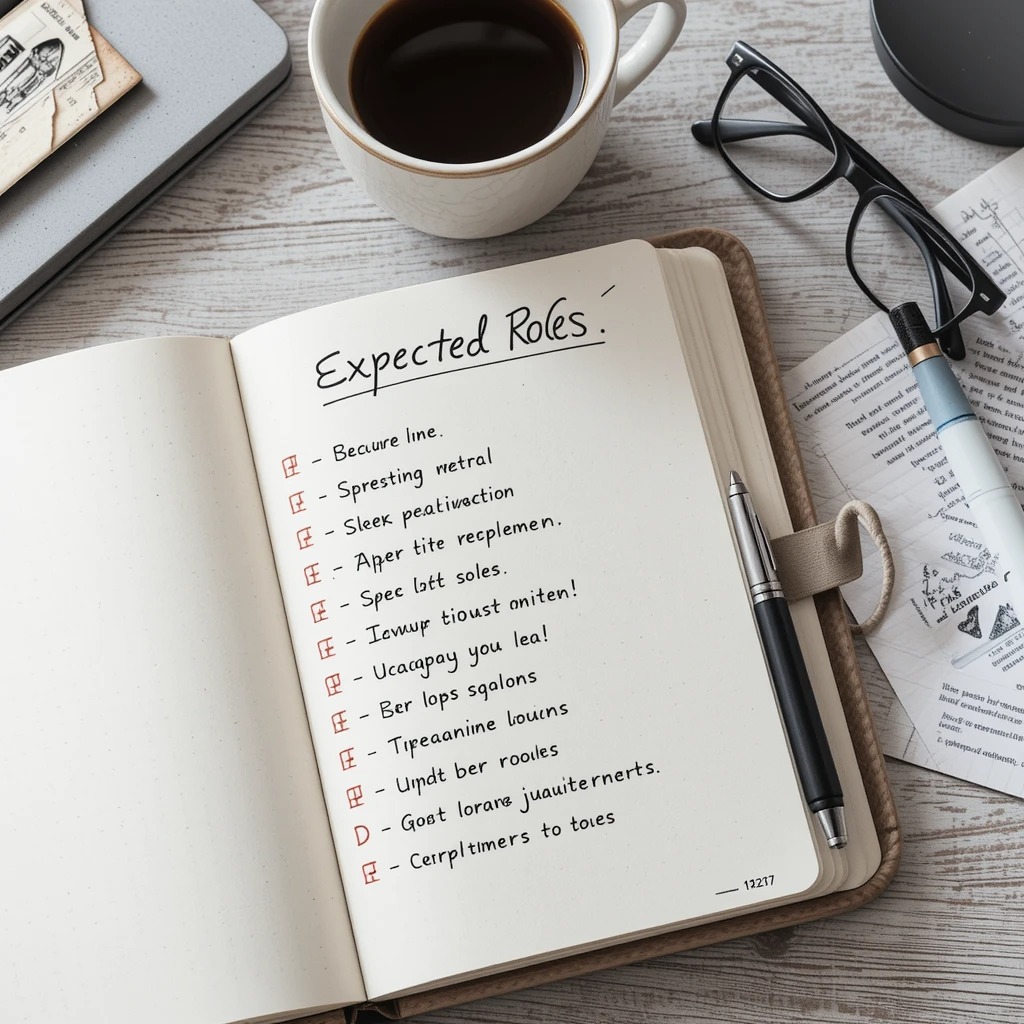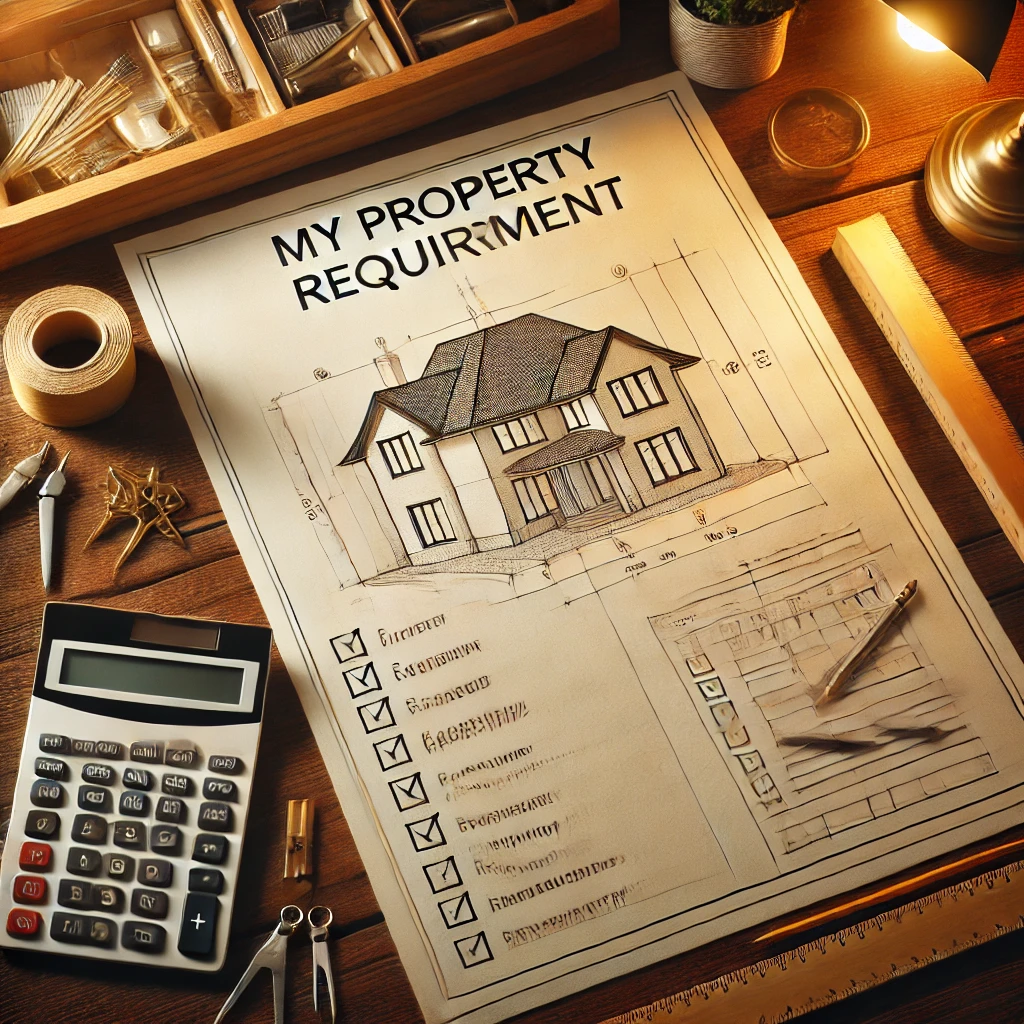A real estate agent can be your greatest asset when buying or selling property, providing expert guidance, market knowledge, and negotiation skills.
However, to get the best results, you need to know how to collaborate effectively with your agent.
This guide will help you understand the best practices for working with a real estate agent, ensuring a smooth and successful property transaction.
1. Understand the Role of a Real Estate Agent

Before you start working with an agent, it’s essential to understand their responsibilities:
- For Buyers:
- Finding properties that match your needs and budget.
- Arranging property viewings.
- Advising on pricing and market trends.
- Negotiating the best deal.
- Assisting with paperwork and closing processes.
- For Sellers:
- Pricing the property competitively.
- Marketing and listing the property.
- Conducting viewings and open houses.
- Negotiating with buyers.
- Guiding you through the legal and closing process.
Knowing what to expect from your agent will help you collaborate effectively.
2. Choose the Right Real Estate Agent
Selecting the right agent is the first step toward a successful transaction. Consider:
- Experience and Reputation: Choose an agent with a solid track record in your local market.
- Professionalism: engage an agent who does his or her things professionally and with formality in doing things.
- Communication Style: Ensure the agent is responsive, clear, and professional.
- Marketing Strategies (for Sellers): Ask how they plan to market your property.
Once you’ve chosen an agent, establish clear expectations for how you’ll work together.
3. Be Clear about your Needs and Expectations
To get the best results, you need to communicate your expectations upfront:
- For Buyers:
- Define your budget and preferred locations.
- Specify must-have features (e.g., number of bedrooms, security, amenities).
- Be honest about your timeline and financing options.
- For Sellers:
- Set a realistic asking price based on market research.
- Inform your agent of any upgrades or features that add value to the property.
- Discuss your preferred timeline for selling.
The clearer you are, the better your agent can tailor their approach to meet your needs.
4. Understand the Agent’s Commission and Fees

Most real estate agents work on a commission basis, meaning they earn a percentage of the sale price. In Kenya:
- For Buyers: The seller usually covers the agent’s commission, so you don’t pay directly. However, the buyer in most cases covers the logistical costs of viewing the property. Therefore, it is perfectly fine if the agent asks you for a viewing fee or logistical costs.
- For Sellers: Commissions typically range from 2% to 5% of the selling price.
Before signing any agreement, clarify the commission structure and any additional fees involved.
5. Trust your Agent’s Expertise
A real estate agent brings experience and market knowledge that can benefit you:
- For Buyers:
- Trust their advice on fair property prices.
- Be open to viewing suggested properties, even if they don’t meet all your initial criteria.
- Take their insights into neighborhoods, security, and future property value into account.
- For Sellers:
- Follow their recommendations on pricing, as overpricing can delay sales.
- Let them handle negotiations to secure the best possible deal.
- Use their marketing expertise to attract the right buyers.
While it’s good to do your own research, an experienced agent’s guidance is invaluable.
6. Stay Responsive and Available
A property transaction requires quick decision-making, so ensure you:
- Respond promptly to calls, emails, and messages.
- Be available for property viewings or meetings.
- Provide necessary documents and approvals on time.
Delays from your end can cause missed opportunities or slow down the transaction process.
7. Maintain Open and Honest Communication

Good communication is key to a successful partnership:
- Ask Questions: If you don’t understand something, seek clarification.
- Provide Feedback: Let your agent know if a property doesn’t meet your needs so they can refine their search.
- Be Honest: Share your budget, concerns, and preferences openly.
A good agent will appreciate transparency and adjust their approach accordingly.
8. Be Realistic about Market Conditions
Market conditions influence property prices and how quickly a sale happens. Consider:
- Buyers: Be flexible with your expectations, as perfect properties at low prices are rare.
- Sellers: Understand that pricing too high can push away potential buyers, causing delays.
Listening to your agent’s insights on the market can help you make better decisions.
9. Know when to Walk Away
Not every agent will be the right fit. If you experience any of the following, consider looking for another agent:
- Poor communication and lack of updates.
- Dishonesty or pressure tactics.
- Lack of knowledge about the market or legal processes.
- Unethical behavior.
A good agent should always have your best interests in mind.
10. Understand the Closing Process
The final steps in buying or selling property involve legal and financial paperwork. Your agent will:
- Help you review contracts and agreements.
- Ensure you meet all legal requirements.
- Guide you on property registration and ownership transfer.
- Advise on final payments and necessary fees.
A good agent will make sure the closing process is smooth and stress-free.
How to Explain Your Needs to a Real Estate Agent
Clear communication with your real estate agent is essential to finding the right property or successfully selling one. The better you articulate your needs, the easier it is for the agent to meet your expectations.
Here’s a step-by-step guide on how to effectively explain what you want in a real estate transaction.
1. Be Clear about your Goals

Start by explaining your main objective:
- For Buyers:
- Are you looking for a home, an investment property, or land?
- Do you need a move-in-ready house, or are you open to renovations?
- Is this your first property, or do you have previous experience buying real estate?
- For Sellers:
- Are you selling to upgrade, relocate, or invest elsewhere?
- Do you need a quick sale, or are you willing to wait for the best price?
- Are you open to negotiations, or do you have a firm price in mind?
Being upfront about your motivations helps the agent tailor their approach to your needs.
2. Define your Budget and Financing Plan
Money plays a big role in real estate decisions. Be transparent about your budget:
- Buyers:
- What is your price range?
- Are you financing with a mortgage or paying in cash?
- How much can you put down as a deposit?
- Are you open to properties slightly above your budget if they offer better value?
- Sellers:
- What is your expected selling price?
- Are you willing to negotiate?
- Do you need assistance with pricing based on market trends?
Being clear on finances helps your agent focus on realistic options.
3. Specify Location Preferences
Your agent needs to know where you want to buy or sell property:
- For Buyers:
- Do you prefer urban, suburban, or rural areas?
- Which specific neighborhoods are you considering?
- How important is proximity to work, schools, hospitals, or public transport?
- Are you open to nearby alternative locations?
- For Sellers:
- What makes your property’s location attractive?
- Are there nearby amenities that increase its value?
- Would you consider relocating your sale if your agent suggests a more lucrative market?
Providing location details helps your agent find the best opportunities.
4. Outline your Property Requirements

Be specific about what you want in a property:
- Buyers:
- Type of property (apartment, maisonette, bungalow, townhouse, etc.).
- Number of bedrooms and bathrooms.
- Preferred land size or apartment size.
- Special requirements (balcony, garden, swimming pool, parking space, etc.).
- Any must-have features (e.g., gated community, modern finishes, security).
- Sellers:
- Highlight your property’s best features.
- Mention any recent renovations or upgrades.
- Disclose any potential issues (e.g., needed repairs, legal concerns).
A detailed property description helps the agent refine their search or marketing approach.
5. Discuss your Timeline
Timing affects real estate decisions:
- Buyers:
- Are you in a hurry to move, or do you have time to search for the best deal?
- Do you need to move in by a certain date?
- Are you flexible with closing timelines?
- Sellers:
- How soon do you want to sell?
- Do you have a deadline for when you need to close the deal?
- Are you willing to wait for a better offer if necessary?
Being clear on timing helps the agent prioritize properties or buyers accordingly.
6. Set Expectations for Communication
To avoid frustration, establish how and when you want to be updated:
- Do you prefer phone calls, emails, or WhatsApp updates?
- How frequently do you want progress reports? (Daily, weekly, or as needed?)
- Are you available for property viewings or meetings on short notice?
Clear communication ensures a smooth process with fewer misunderstandings.
7. Be Honest about Deal-Breakers

Tell your agent what you absolutely cannot compromise on:
- Buyers:
- Minimum or maximum budget.
- Specific locations you don’t want.
- Property conditions (e.g., must be move-in ready).
- Sellers:
- The lowest price you are willing to accept.
- Conditions under which you will not sell (e.g., lease issues, buyer financing problems).
Being upfront about non-negotiables prevents wasted time on unsuitable options.
8. Ask for Professional Advice
Your agent has experience and market knowledge—take advantage of it:
- Ask for recommendations on the best neighborhoods based on your budget.
- Seek advice on realistic pricing and negotiation strategies.
- Request insights on market trends (e.g., is it a buyer’s or seller’s market?).
A good agent will guide you towards the best possible decision.
Conclusion
Working effectively with a real estate agent can make buying or selling property a seamless experience. By choosing the right agent, communicating openly, and trusting their expertise, you can achieve the best possible outcome.
Whether you’re purchasing your dream home or selling an investment property, collaboration with your agent is key to a successful real estate transaction.
Explaining your needs and expectations clearly to a real estate agent can save you time, reduce stress, and increase your chances of finding the right property or selling successfully.
By being specific about your budget, location, property requirements, and timeline, you empower your agent to work efficiently on your behalf.



